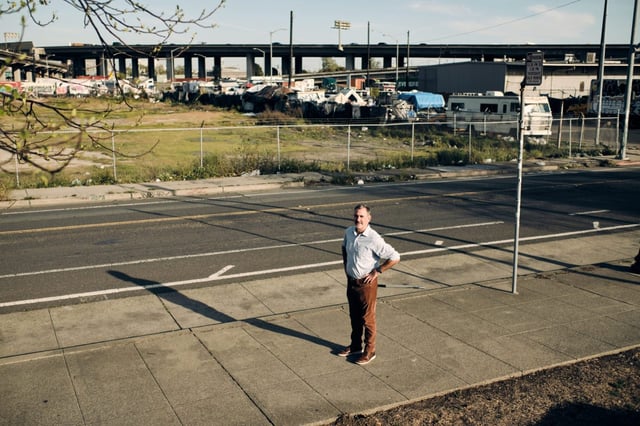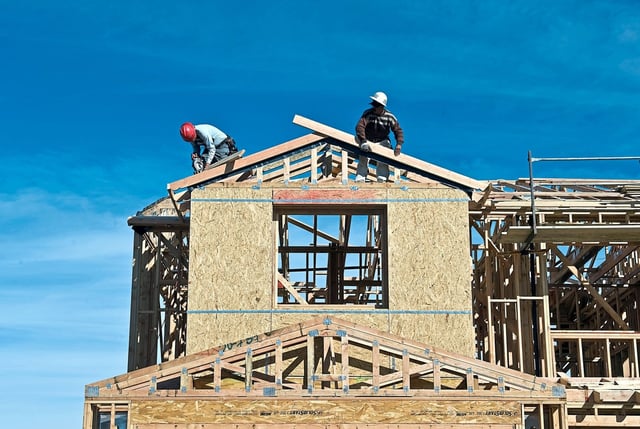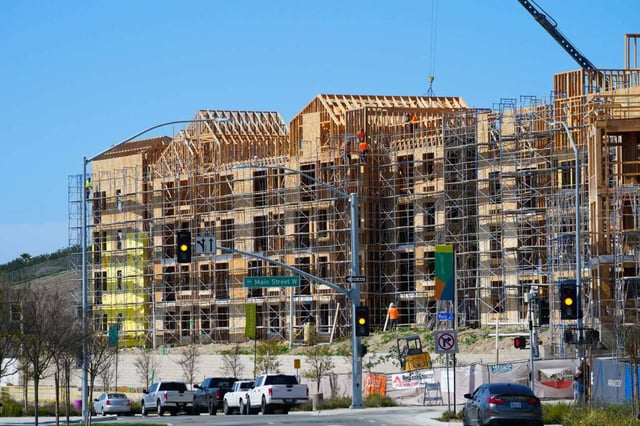Overview
- Senate Bill 607 proposes narrowing CEQA's scope to expedite development projects, including housing and infrastructure, sparking concerns over reduced environmental oversight.
- Governor Gavin Newsom recently waived CEQA and Coastal Act rules for wildfire recovery efforts, showcasing the law's regulatory flexibility in emergencies.
- Critics across political lines argue CEQA and the Coastal Commission contribute to California's housing crisis by imposing costly procedural hurdles on development.
- A settlement in the Otay Ranch Village 14 case reduced the project's footprint after a court found its environmental review inadequate on wildfire and habitat risks.
- National deregulation advocates, including the 'Abundance' movement, are influencing California's CEQA debate by calling for streamlined processes to prioritize results over bureaucracy.


